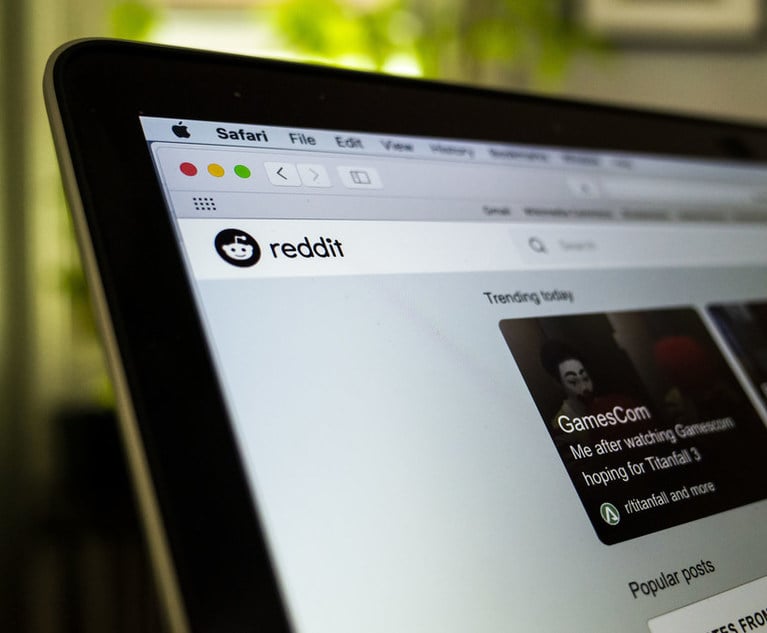What social distancing means for client development, and a further look at how litigation work may help Big Law keep the lights on as the recession deepens. Welcome to another Law Firm Disrupted from quarantine. Want to weigh in? Email me here. Want this dispatch in your inbox every Thursday? Sign up here










